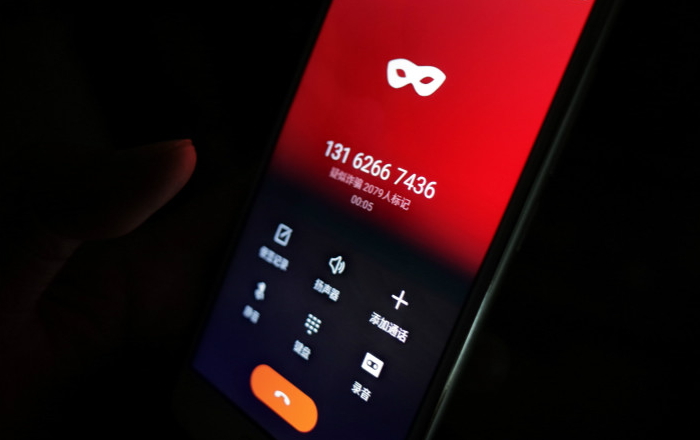Consumer group calls on payments watchdog to stand up against ATM closures
Plans to shut down loss-making ATMs across Britain could leave hundreds of communities without ready access to cash, says consumer group Which?.
Which? is worried that proposals from Link – the UK’s largest cash machine network – to lower its fees by 20% could lead to mass closures of free-to-use ATM machines in struggling rural communities that are already feeling the impact of the retreat from the high street by the nation’s largest banks.
The consumer champion conducted research which identified over 200 communities in Britain with poor ATM provision, or no cash machines at all, which might be hardest hit by proposals that could reduce the network.
Which? analysed Link data on 70,000 cash machines across the UK. It found that 123 postcode districts – with a combined population of 110,935 – did not appear to contain a single ATM, making many consumers reliant on access in nearby villages or towns. Meanwhile, a further 116 postcode districts appear to have just one ATM, 37 of which charge a fee.
Link has said it will encourage operators to keep free machines and to protect free-to-use ATMs that are a kilometre or more from the next nearest free cash machine. However, Cardtronics, the biggest ATM operator in the UK, expects that those hit hardest would not be busy high streets, but ATMs in rural communities.
Which? is calling on the Payment Systems Regulator to conduct an urgent review to fully evaluate the impact that these changes could have on consumers.
Gareth Shaw, Which? money expert says: “These proposals could place a strain on communities across the UK that are already struggling to access the cash they need following mass bank closures. The financial regulator must intervene to avoid this situation getting worse.”
– finextra.com –


